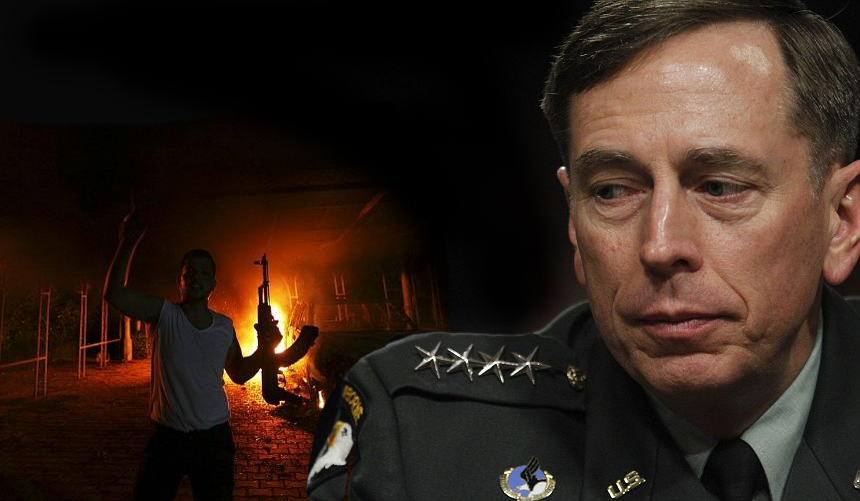Alex Constantine - March 25, 2013
March 1, 2013
Right now a clandestine network of U.S. soldiers is operating in over 100 countries, carrying out attacks that that Congress knows little about. That's according to investigative journalist Jeremy Scahill, who produced the film Dirty Wars. The film examines the U.S. War on Terror, and takes viewers to Afghanistan, Yemen and Somalia to expose the extent of these covert operations.
The film begins as an examination of a violent night raid in Afghanistan, but quickly becomes a larger look into reach of the Joint Special Operations Command: a secretive network of soldiers that reports directly to the president, and has an expanding "kill list" that includes U.S. citizens. Throughout the course of the film, viewers hear from military personnel, relatives of those targeted by JSOC, and an unlikely U.S. ally -- a Somalian warlord who readily admits to summarily executing foreign fighters.
According to Scahill, JSOC was originally intended to be an elite force comprised of the best commandos from every branch of the military. The network was intended to be used largely for short targeted missions, such as hostage situations and counter-proliferation efforts against weapons of mass destruction. After 9/11, the force became the spearhead of the U.S. War on Terror, and was tasked with eliminating supposed terrorists. The group, which was responsible for assassinating Osama Bin Laden, has become even more empowered under President Obama, Scahill says.
Richard Rowley, the film's director, says the film aims to shed light on these secret operations so there could be public debate on it. "We are all part of this war. We are implicated in it," Rowley says.
On the obstacles to making the film:
I got banned from Pakistan, and the Pakistani government wouldn't give me a visa for the early reporting on this story. And then as far as the U.S. government was concerned, the first time I did a story for the Nation Magazine about JSOC, I received this call out of the blue on my cell phone the night before the magazine was going to press, from a captain in the U.S. military who is the senior aide to the U.S. Joint Chiefs of Staffs — the senior military advisor to the President of the United States. He wouldn't tell me how he got my number and he said if you publish this, you're going to be on thin ice. He wouldn't clarify what he meant by that. -- Jeremy Scahill
On the dangers of making the film:
There were times in Somalia where Rick would be filming me and someone, and I would see tracer fire hitting a concrete barrier behind Rick. People were trying to shoot Rick in Somalia, and I would see it. Rick and I became like family in the course of doing this. You would see him unflinching [while] taking these photos. And it's like two inches above where the bullets are hitting, that [would hit] Rick in the spine. -- Jeremy Scahill
On meeting a Somalian warlord:
He walks us over to one of these ditches. It's a tunnel that the Shabab dug as a fighting position. [He] showed us a pile of sand at the bottom and said there were two dead bodies under there, people they had just buried there. And the fact that he was bragging about the fact that they executed them on the battlefield -- he goes on to say that we show these people no mercy. Somalia has been turned into a terrifying place by a couple of decades of covert war, and the fact that these kinds of characters have become our allies is absolutely terrifying. --Richard Rowley.
http://kbia.org/post/dirty-wars-exposes-us-covert-operations-around-world








